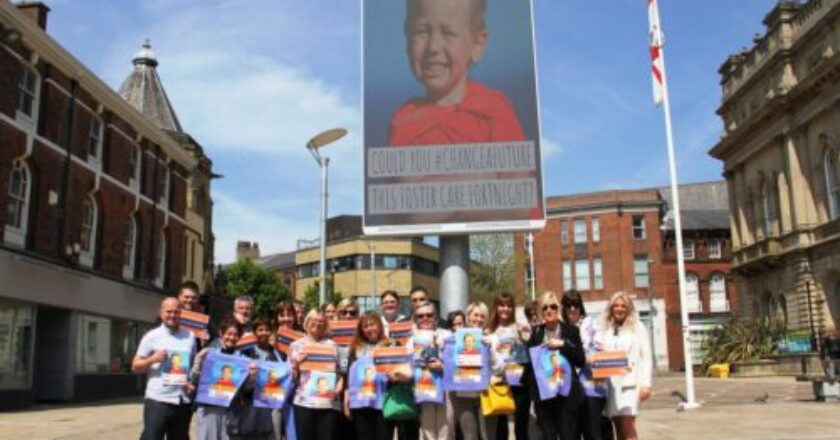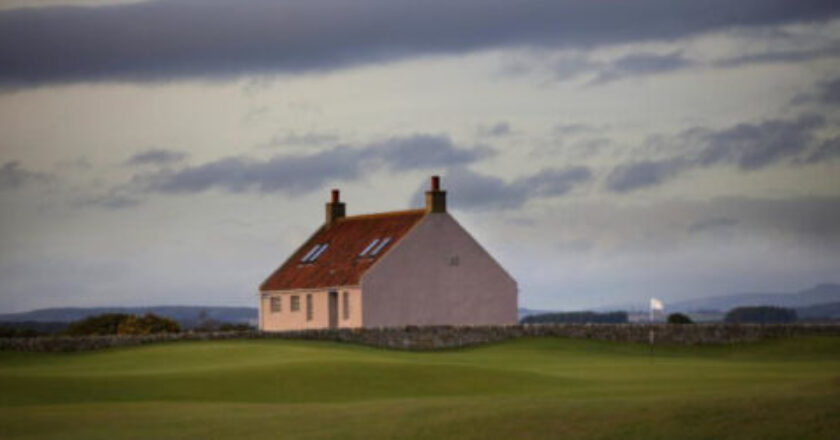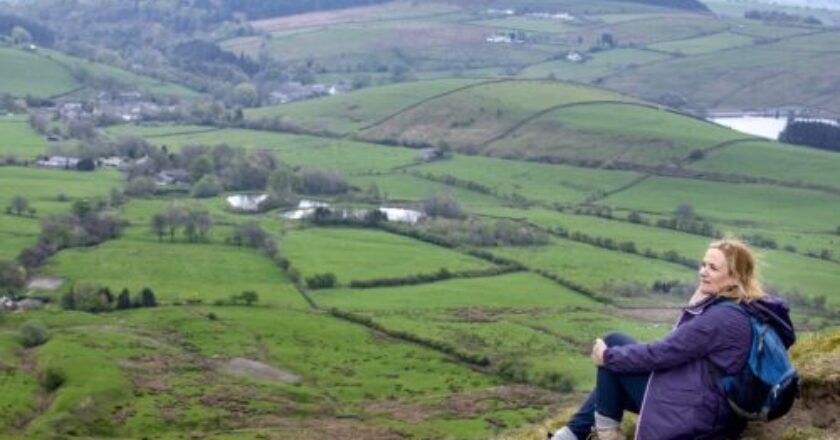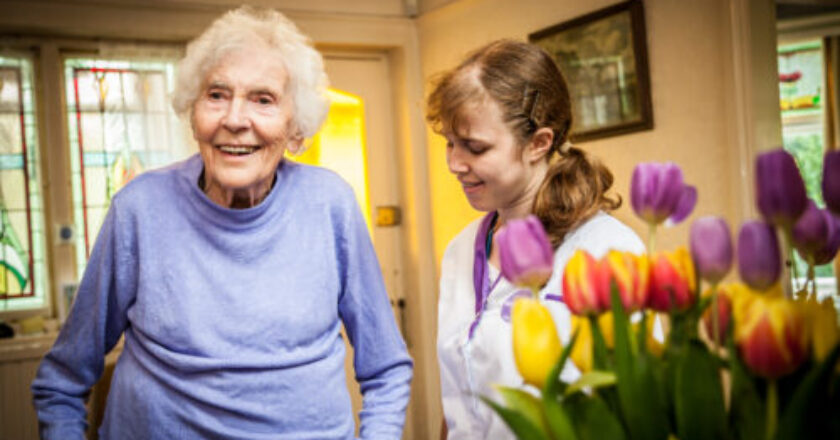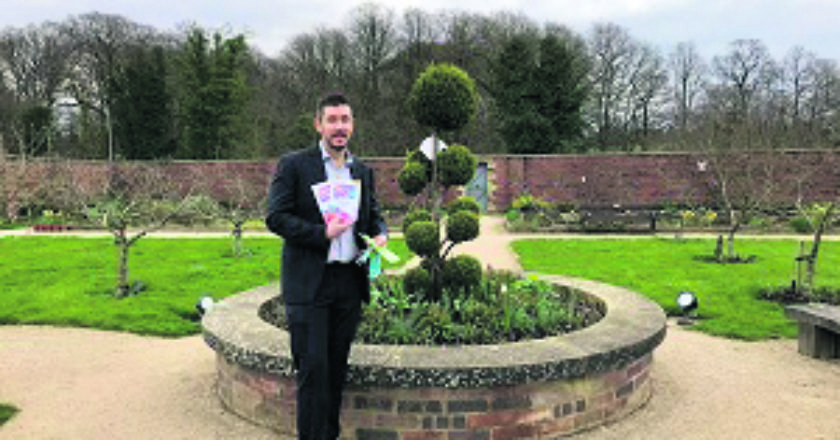As today marks the start of Foster Care Fortnight, one inspirational Blackburn couple have shared their experiences to help encourage more people to consider giving a child a loving and stable home.
At the age of 70, retired caretaker Frank Tomlinson and his wife Bernie, could well be forgiven for wanting to put their feet-up and enjoy a slower-paced retired lifestyle.
But the Tomlinsons say they wouldn’t have it any other way and fostering is one of the “best things they’ve ever done”.
Marking the start of Fostering Fortnight, Bernie and Frank are sharing their story to help others consider making a difference to vulnerable children and young people who cannot live with their families.
And whilst becoming ‘empty nest’ foster carers certainly isn’t without its stresses, Bernie says it has quite simply transformed their lives. The inspiring couple are currently caring for a seven-month-old baby, her four-year-old sister and a 15-year-old boy.
I honestly think it’s the best thing we’ve ever done,’ says Bernie, who has four children of her own and 10 grandchildren. ‘It makes us feel young and has definitely brought us closer together as a couple.
Seeing the change in the children is just so rewarding when you get them into a routine you see them thrive.
Bernie recalled: We had one little lad who wouldn’t come out from behind the settee at first, very quickly he changed and became a lovely, confident little boy because of the support and encouragement we gave him, for some children they’ve just never had that.
For Bernie it was a natural thing to do, having spent her earlier career working as a childminder, she was asked to look after a child in foster care whilst the child’s grandmother continued to work.
I’ve always fancied it and it didn’t take long to convince Frank either,
Bernie recalled. The couple have been fostering for 15 years and have looked after almost 40 babies, toddlers and teenagers.
There’s never a dull moment in this house,” said Frank, who spent 20 years working at Blackburn College. “It definitely keeps you busy, active and your brain working that’s for sure. It was good for our son too, he showed real maturity and empathy and the children related to him as he was closer to their age.
There are many different types of fostering, from providing part time respite care to full-time fostering arrangements.
Director of Children’s Services Jayne Ivory said: What’s important is not age, but the ability to provide love, stability and security, as well as having a strong motivation to foster.
There’s a need for all types of foster carers, particularly for teenagers, sibling groups and disabled children but recently we’ve seen an increase the number of babies needing carers.
We need to recruit an extra 30 foster carers over the next twelve months.
Jayne added: Foster carers have the capacity to help children who have had a bad start in life overcome their early life traumas, and as such they help improve children’s outcomes in the most significant way.
There are many different types of fostering from long-term fostering, often until a child is 21. Others may prefer the idea of shorter-term care, including short-breaks care, emergency care (where you might get a call in the middle of the night because of a home alone situation) or short-term care (where a single parent might need to go into hospital or someone might be waiting to be adopted).
You can also specialise, for example in, neonatal care, children with disabilities or mother and baby placements.
Approved foster carers receive a generous allowance, full training package and ongoing support is provided with a strong foster carer network to share experiences with.
Find out more at youcanfoster.co.uk

